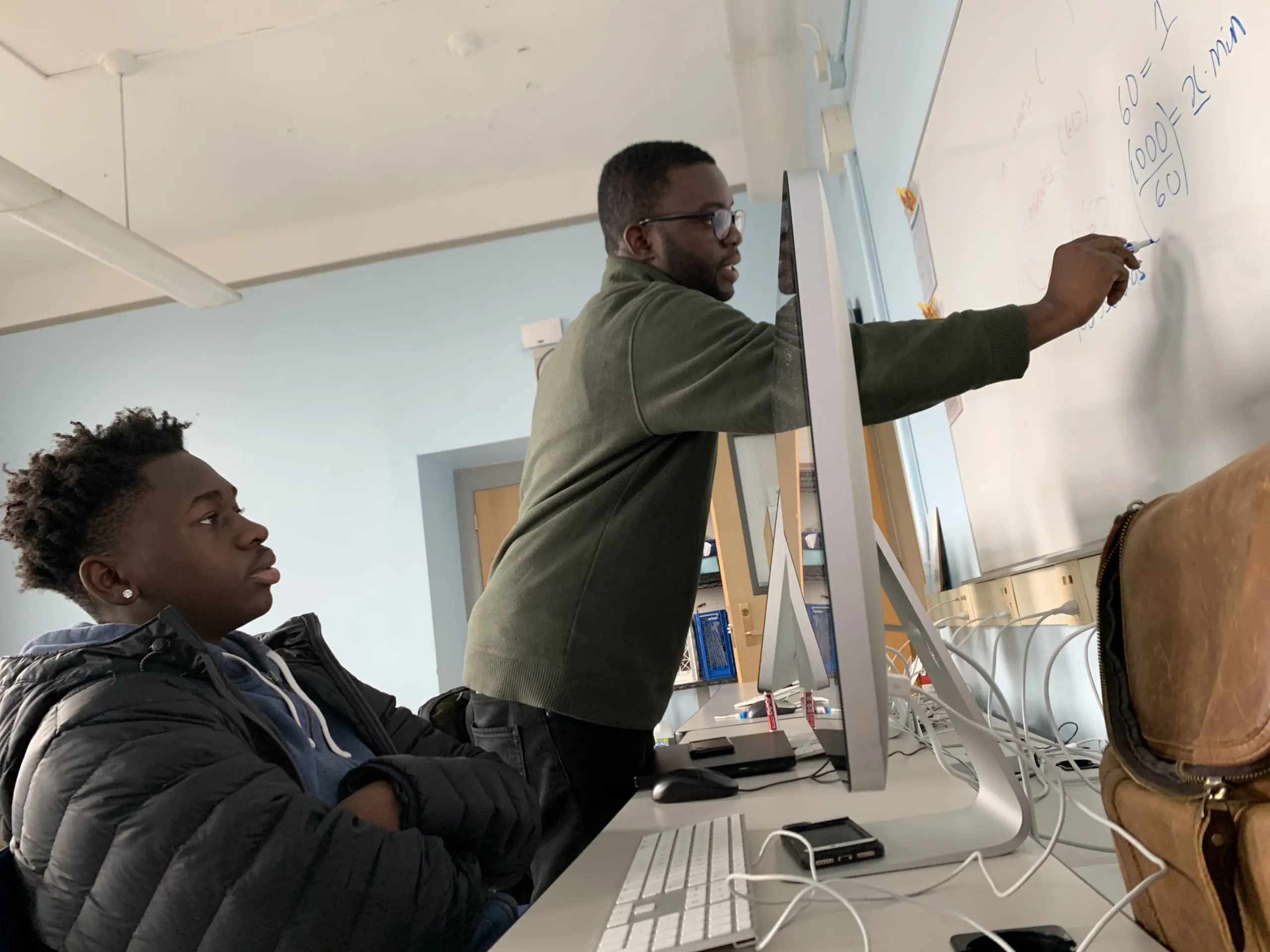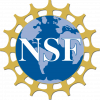Building Capacity in Computer Science Education and Near Peer Classroom Mentorship

The project team includes: PI Cliff Freeman, The Young People’s Project/Boston University; Co-PI Eli Tucker-Raymond, Boston University; Co-PI Maisha Moses The Young People’s Project
Building Capacity in Computer Science Education and Student Near Peer Classroom Mentorship is a 3-year research-practice partnership that aims to increase the number of high school computer science teachers by designing, evaluating, and iterating on a professional development model that uses culturally relevant pedagogy and integration into mathematics classrooms. The RPP is a collaboration between The Young People’s Project (YPP), Boston Public Schools (BPS), Bootstrap Education, and Boston University. The goal of this project is to provide professional development for BPS teachers that uses a classroom model of instruction developed by YPP, the Algebra Project, and Bootstrap and integrates CS into existing 9th grade mathematics classrooms.
The project promises to build the computer science teaching capacity in BPS and to test a model of computer science (CS) teaching that is responsive to the needs of students from racial/ethnic groups underrepresented in CS. Greater capacity will include providing learning opportunities for BPS teachers currently teaching Algebra or other entry level mathematics courses in high schools as well as an infusion of college students who work as learners and educators alongside classroom teachers. The infusion of college students, YPP’s Model of Excellence, and a discourse-based curriculum supports a culturally relevant approach to CS learning that can provide entry points for a target population of students not currently offered computer science education in BPS.
The project will add to the knowledge in the field of computer science teacher education by connecting designed dimensions of the culturally relevant professional development model (e.g., near peer teaching, college students as educators) with teacher learning outcomes, including what teachers learn and their attitudes toward computer science. This model will be created will prepare 18 mathematics teachers to integrate computer science into their classrooms and trained to act as teacher mentors to integrate computer science and mathematics for the rest of the district. The resulting professional development will initially create opportunities to expand participation in CS for about 1500 students from racial/ethnic groups underrepresented in computer science. The teachers will then become professional development leaders for their peers in the district.
Click here to visit the project website
 Grant # 2031455
Grant # 2031455